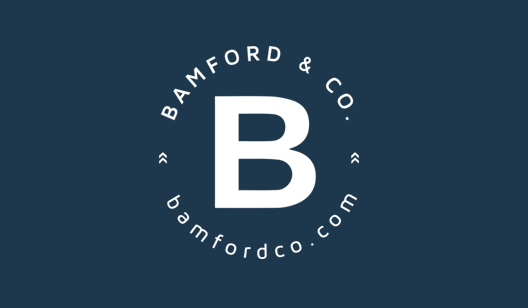Canadian Households: We posted about this on Tuesday
“The Bank of Canada says its concerns are mounting that households are piling on too much debt and posing what the central bank says is a key vulnerability to the economy.”
Canadian households are taking on too much debt, Bank of Canada warns
We get it. We probably sound like a broken record at this point! But we want to ensure you, our valued clients, do not get in over your head.
Canadian Households & Real Estate Is Too Expensive:
Whether you are a renter or you’re looking to buy, there’s no denying that real estate is too expensive in Canada. It has been for a while. You should not be paying more than 30% to 32% of your gross annual income to “mortgage expenses”. This includes principal, interest, property taxes, and heating costs (plus fees for condominium maintenance).
But did anyone expect it would become more expensive during the COVID-19 pandemic? If you look at it, it appears that the goal of the central bank’s pandemic stimulus was to make real estate more expensive. It has worked perfectly. But now what?
With real estate prices detached from local incomes in every major city now, especially Toronto and Vancouver, the latest surge has proven that economic fundamentals are not the root cause of housing prices.
There are some things that are not adding up. When unemployment goes up, so prices should go down, right? Not in Canada. Canada keeps bucking all logical trends.
Immigration goes down; there should be less demand, right? They keep telling us that we are in short supply of housing because of foreigners and immigrants. Well, why haven’t prices and bidding wars come down? More and more businesses are closing down. Every day you see it all over Saskatoon. That should equal fewer entrepreneurs making money, right? Nope. Wrong again! Not in Canada, we have more money than ever.
So what now for Canadian Households?
We see this going two ways and people should be ready for two different scenarios.
1) We keep going with this sharp and fast recovery – we deal with hyperinflation.
2) We deal with a post-pandemic boom that becomes the largest recession in history
If history can provide an indication of how things are going to go, we will leave you with two quotes:
“Much of the skyrocketing wealth of the 1920s was built on a shaky foundation of easy credit and stock market speculation. The same laissez-faire governing philosophy that righted the economic ship in 1921 failed to avert the 1929 stock market crash and prevent unregulated American banks from going belly up.
Throughout the 1920s, the U.S. economy expanded rapidly, and the nation’s total wealth more than doubled between 1920 and 1929, a period dubbed “the Roaring Twenties.”
THEN THE PARTY STOPPED!
“The stock market, centered at the New York Stock Exchange on Wall Street in New York City, was the scene of reckless speculation, where everyone from millionaire tycoons to cooks and janitors poured their savings into stocks and housing. As a result, the stock market underwent rapid expansion, reaching its peak in August 1929.
The Great Depression was the worst economic downturn in the history of the industrialized world, lasting from 1929 to 1939. It began after the stock market crash of October 1929, which sent Wall Street into a panic and wiped out millions of investors. Over the next several years, consumer spending and investment dropped, causing steep declines in industrial output and employment as failing companies laid-off workers. By 1933, when the Great Depression reached its lowest point, some 15 million Americans were unemployed and nearly half the country’s banks had failed.”
If any of this sounds familiar: dogecoin, bitcoin, everyone buying houses, everyone buying cabins, everyone buying stocks…. then tread lightly.
As always, if you need help buying or selling real estate, we are happy to help.
Gregg Bamford and Ryan Bamford




